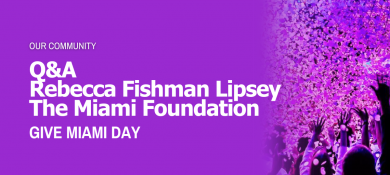![]()
By Ben DiPietro
Law firm Appleby is at the center of a crisis storm after being named in the Paradise Papers, a collection of more than 13.4 million documents that detail the ways giant corporations, billionaires and celebrities move money through offshore tax havens to reduce their taxes.
The documents are being used as the basis for stories by around 380 journalists at around 90 media organizations in 76 countries.
Appleby released two statements, one before stories about the papers were released and one after the first stories were published. In the first statement, on Oct. 21, the firm said it investigated the allegations and “we are satisfied there is no evidence of any wrongdoing.” In the second statement, on Nov. 5, the firm again denied wrongdoing, calling the stories “a patchwork quilt of unrelated allegations with a clear political agenda and movement against offshore.”
The experts evaluate how well it is handling this crisis from a communications standpoint.
 Tadd Schwartz, president and chief executive, Schwartz Media Strategies:
Tadd Schwartz, president and chief executive, Schwartz Media Strategies:
“In the past, companies facing allegations of illicit activity have had two options: Stay quiet while preparing a defense or hit back by maintaining innocence. Now there’s a third strategy in an era where leaks of confidential information are becoming routine: Attack the source of the breach and the media covering the story.
“Appleby’s first public statement claiming no wrongdoing and discrediting the allegations was on point. It should have stopped there. By chalking the accusations up to political machinations and irresponsible journalism, the firm was hoping to distract from the crux of the matter. This approach rarely works.
Instead of diverting attention from alleged wrongdoing, this creates a second line of defense for the accused and fosters an adversarial relationship with journalists. Appleby would be wise to focus on building its defense, rather than attacking the media.”




 See More Blogs
See More Blogs
Comments